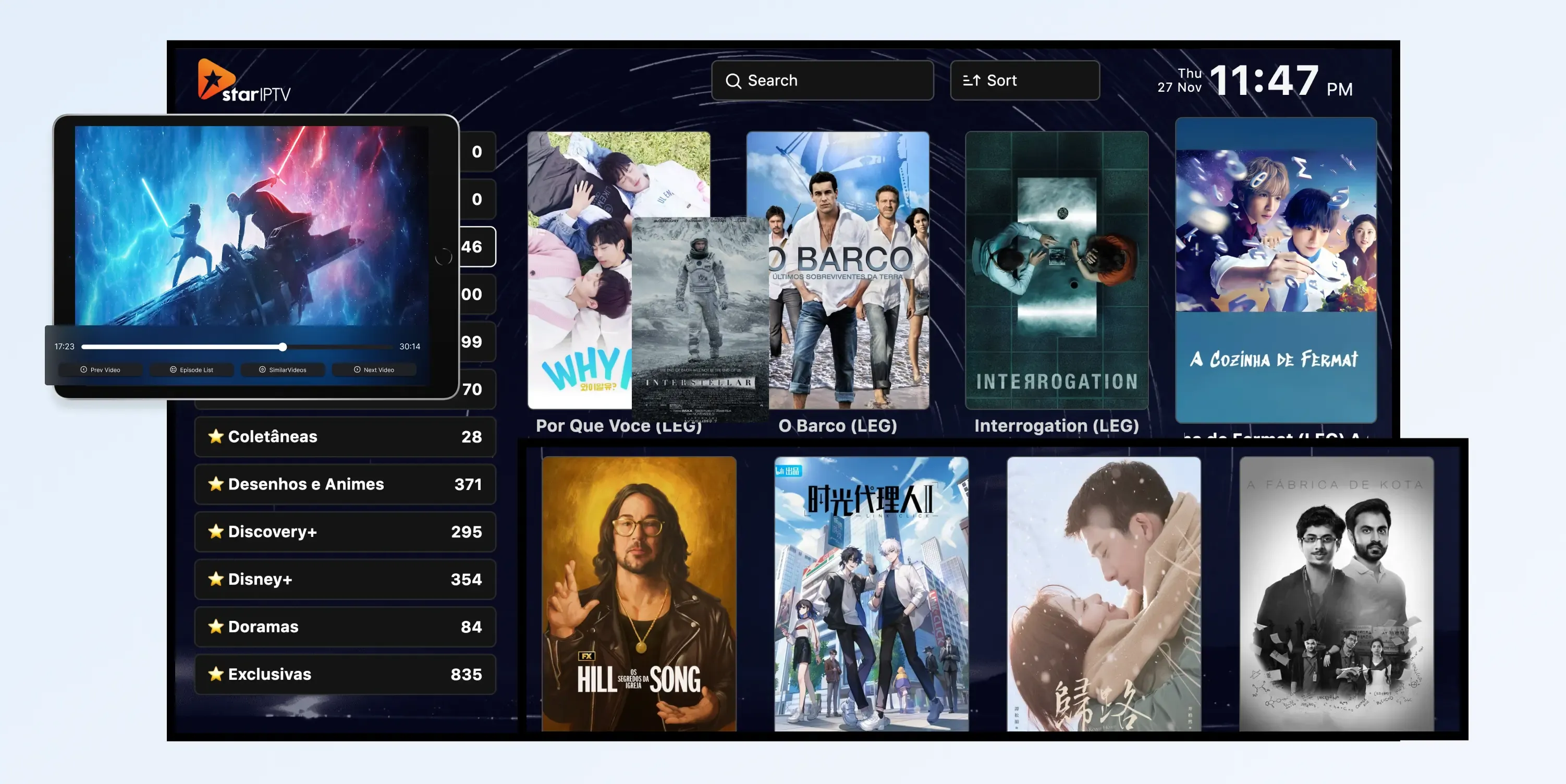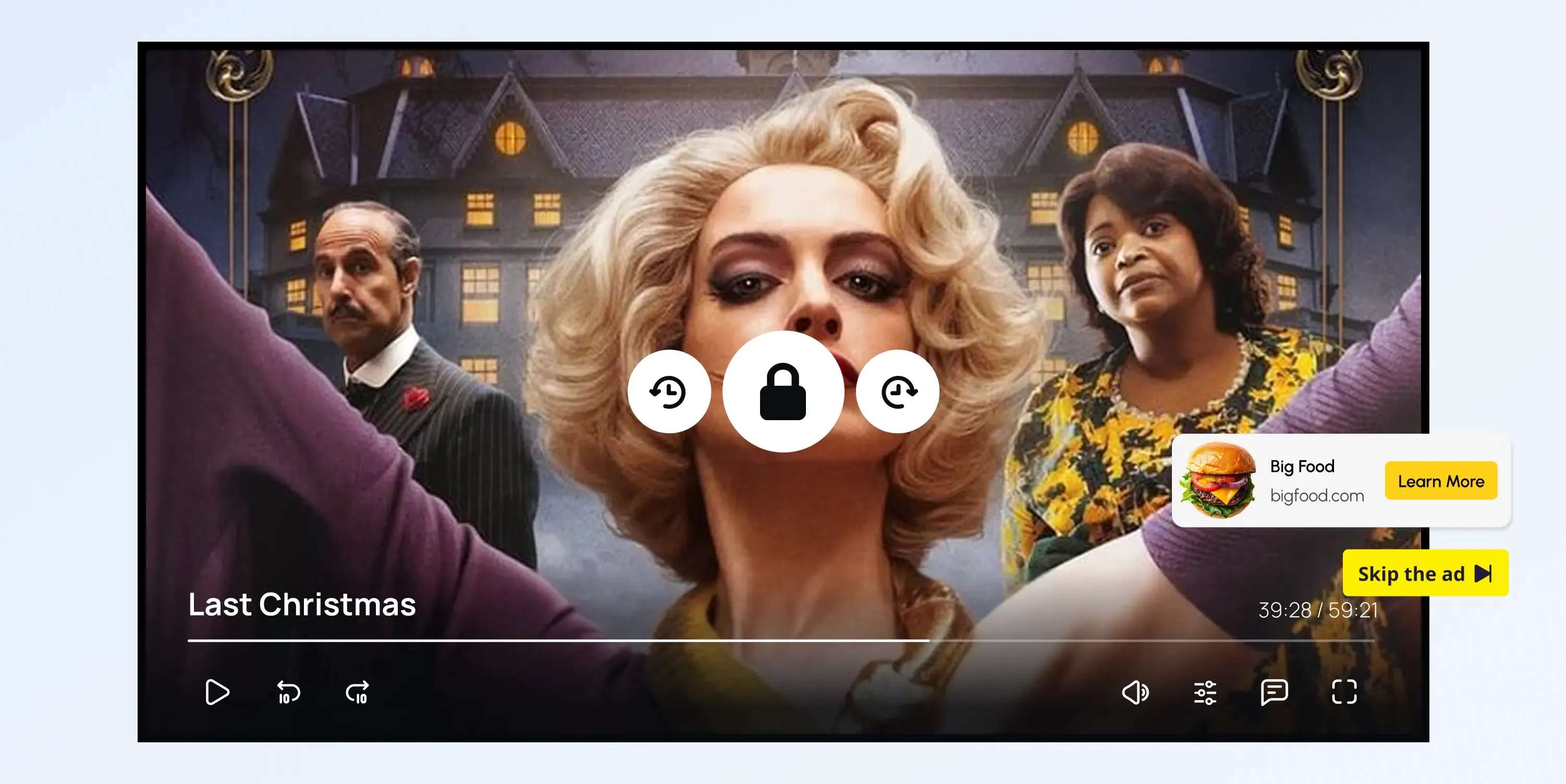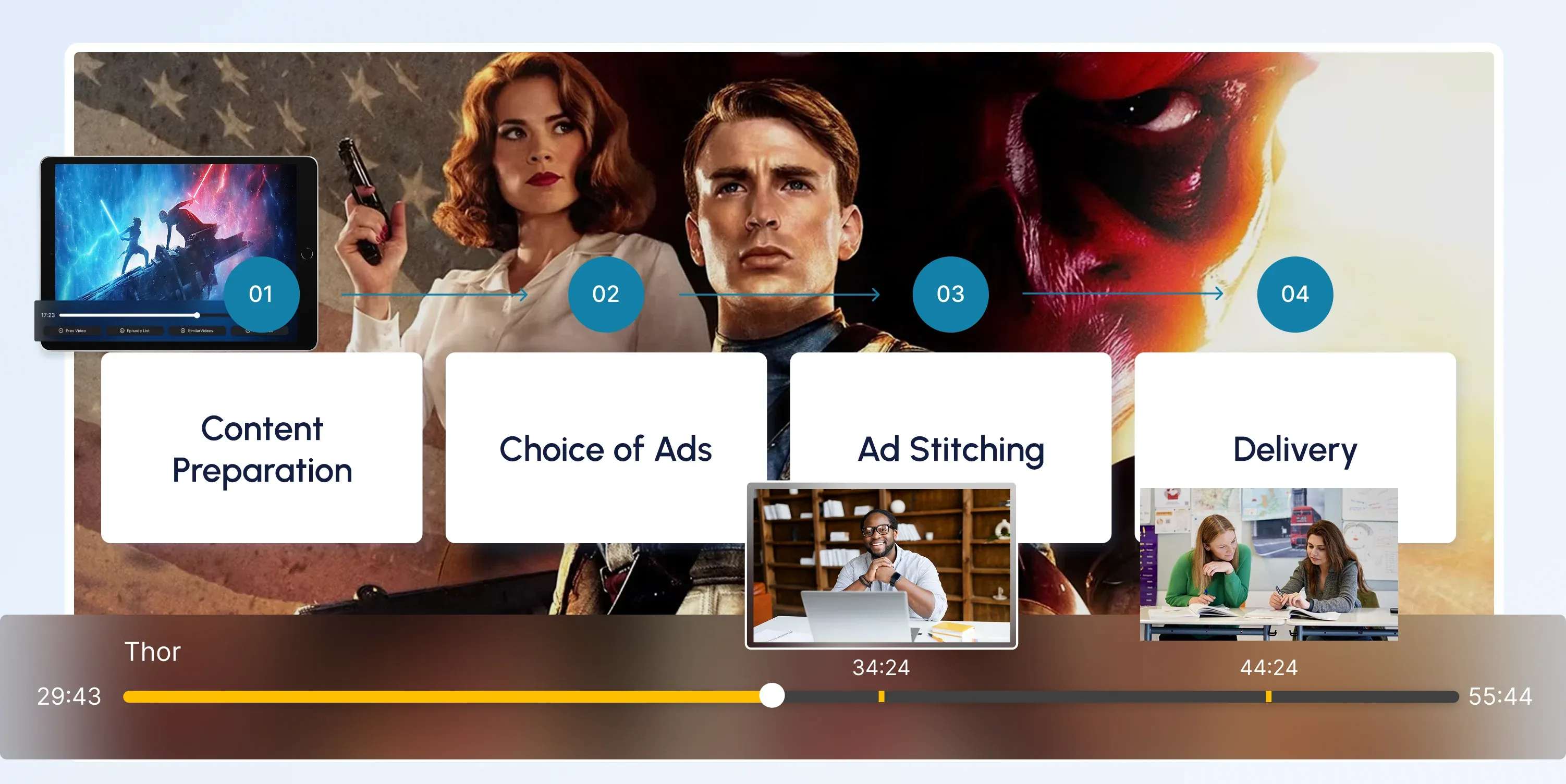Cloud TV

What Is Cloud TV?
Cloud TV is a television service delivered over the internet, using cloud-based infrastructure instead of traditional broadcast or cable systems.Cloud TV is a television service delivered over the internet, using cloud-based infrastructure instead of traditional broadcast or cable systems.
Cloud TV allows viewers to watch live channels, on-demand content, or recorded shows using apps or smart TVs — all powered by the cloud, not a cable box or satellite.
With cloud television, users can access content from anywhere with an internet connection. It facilitates highly flexible and customized distribution.
Cloud streaming = playing or using content instantly over the internet, powered by cloud servers
How Does Cloud TV Work?
Step 1. Content Ingestion: Live TV and on-demand content are ingested and encoded in the cloud.
Step 2. Transcoding: Videos are converted into different resolutions and formats (adaptive bitrate streaming).
Step 3. Data Storage: Content, metadata, and user preferences are stored in the cloud.
Step 4. Content Delivery: Streams are delivered via Content Delivery Networks (CDNs) to minimize buffering.
Step 5. User Access: Users access content through various devices, including smart TVs, smartphones, tablets, web browsers, and streaming devices (such as Roku and Apple TV).
What are Cloud Television Benefits?
1. Scalability and Flexibility
Easily add more programming or serve a larger audience without needing extensive physical infrastructure changes.
2. Cost-Effective Content Delivery
Operating in the cloud significantly reduces the need for expensive hardware and ongoing maintenance costs.
3. Global Reach
The internet-based nature of a Cloud TV platform enables you to distribute content on a global scale. You can reach a far broader audience than traditional television has ever been able to.
4. Personalized Viewer Experience
By integrating analytics and artificial intelligence, Cloud TV tracks viewer preferences and behaviors, allowing you to tailor content recommendations for each user.
5. Advanced Security Features
Cloud TV platforms incorporate strong security measures, including authentication and encryption, to safeguard your content against unauthorized access and piracy.
Examples of Cloud TV
7 Global Cloud Television Platforms
YouTube TV – Live TV streaming with cloud DVR and multi-device access
Hulu + Live TV – Combines live channels with on-demand streaming
Sling TV – Affordable live TV via cloud delivery
FuboTV – Sports-heavy Cloud TV with DVR and streaming options
Amazon Fire TV Channels – Aggregates live and FAST (Free Ad-Supported TV) content
Tubi / Pluto TV – Cloud-based FAST services offering live linear channels and VOD
Netflix (Live Trials) – Experimenting with cloud-delivered live content (e.g., stand-up events)
Cloud TV vs Traditional TV
| Feature | Cloud TV | Traditional TV |
|---|---|---|
| Delivery | Over the Internet (IP-based) | Satellite, cable, or antenna |
| Hardware Needed | None (just app/device) | Set-top box, dish, or cable connection |
| Content Type | Live, on-demand, recorded | Mostly live or scheduled programming |
| On-demand Access | Yes | Usually restricted to a TV location |
| Personalization | Advanced (recommendations, profiles) | Very limited |
| Scalability | Highly scalable (cloud-based) | Infrastructure-heavy |
Frequently Asked Questions
Content Writer
Anush Sargsyan is a content writer specializing in B2B content about OTT streaming technologies and digital media innovation. She creates informative, engaging content on video delivery, OTT monetization, and modern media technologies. The goal is to help readers easily understand complex ideas. Her writing is the bridge between technical detail and practical insight, making advanced concepts accessible for both industry professionals and general audiences.
Related terms

AVOD (Advertising-Based Video on Demand)
Explore how AVOD works, its monetization model, and why it's popular for free streaming platforms. Read the full definition on inorain.com glossary.

CSAI (Client-Side Ad Insertion)
Learn how CSAI delivers ads through the video player, enabling targeting, tracking, and monetization.
